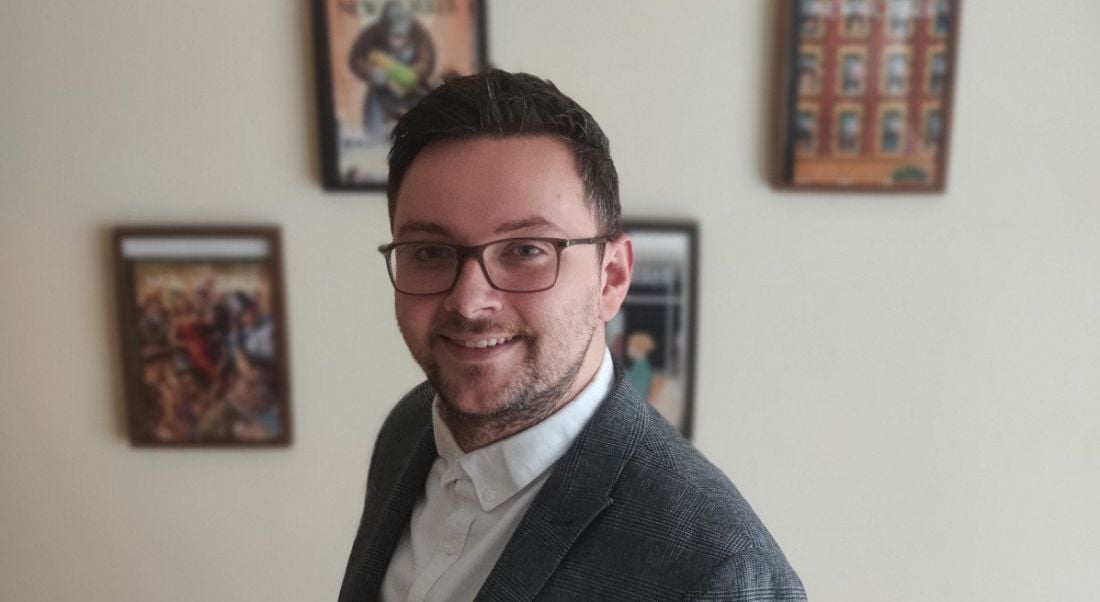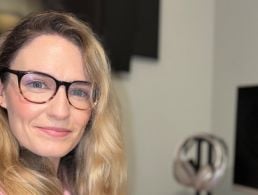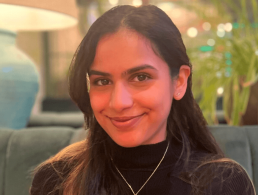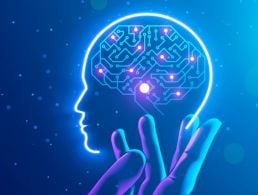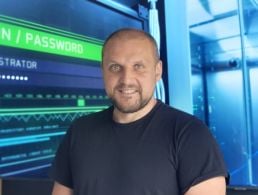Senior data scientist Sean Curran describes a typical day in his role at Fidelity Investments Ireland, from why he prioritises ‘micro breaks’ to how he uses his storytelling skills.
Being a senior data scientist requires technical expertise. But to excel in the role, there are also a number of softer skills you’ll need to hone.
Here, Sean Curran highlights why he uses his “storytelling skills to build a picture” in his work at Fidelity Investments.
‘I like that I can see the impact my work has on delivery time and quality for the business’
– SEAN CURRAN
If there is such a thing, can you describe a typical day in the job?
I suppose there is no such a thing as a typical day on the job. The work I do is like building out smaller pieces of a puzzle so we can work on the bigger picture, which allows our customers in the US to manage their portfolios. This includes meeting with clients on projects to understand requirements and exchanging information, which ultimately results in a plan of action but will constantly develop as the project matures.
I have found that moving divisions from tech to operations within the business has given me a unique opportunity as a data scientist to make a big impact in terms of the projects that I work on.
I also help to manage a server where we have R and Python installed, so the work could range from setting up new database connections, installing new software and scheduling scripts to dealing with issues and upgrades for our users. I also spend my time assisting and training with colleagues on R and Python.
What types of projects do you work on?
The projects range from straightforward data manipulation, which needs to be automated, to creating and developing interactive dashboard web services using a shiny package in R. The dashboards can vary in forms of functionality depending on the solution required.
I also work on data science projects such as natural language processing where we need to classify information coming from clients in order to streamline how we see and handle solutions.
I have also helped create an application which identifies rules using the Apriori algorithm to help a client in identifying auto-match rules, which previously would have needed to be manually matched.
What skills do you use on a daily basis?
I use my technical skills on a daily basis across R, Python, SQL, maths and stats. However, I think the best skill you can learn as a data scientist is the ability to tell a story of how to approach business problems and how to come up with a solution that the client understands and trusts.
What is the hardest part of your working day?
The hardest part is building the list of requirements from clients and then sourcing the information to answer the questions they are asking. These requirements often change as the project evolves and it can be an iterative process, so making sure you are constantly in contact with the clients and making sure everyone is on the same page can be a challenge.
It can also be one of the most rewarding parts of the role as the result is much better in the end than when you began because of that effective communication with one other.
Do you have any productivity tips that help you through the working day?
Micro breaks! When I find myself being stuck on some code or a problem, I can become narrow-minded in how I am thinking about the solution. Walking away from it for a while usually helps. There have been many times when I have had a eureka moment while making coffee.
When you first started as a senior data scientist, what were you most surprised to learn was important in the role?
The thing I was most surprised to learn when I moved from the tech side to the operations side of the company was how important it is to be able to make what I do easy to understand for non-data colleagues.
I think I found this most surprising as there is so much more potential for my work to make an impact on the daily running of the business. This made me think differently as to how I would discuss solutions. Now I use my storytelling skills to build a picture.
How has your role changed as this sector has grown and evolved?
I find the role is constantly evolving – starting out with many descriptive type tasks but it has moved to prescriptive and predictive tasks. This is also due to general understanding of what a data scientist can help to achieve as the role has become more defined over time.
What do you enjoy most about the job?
I suppose I don’t have one thing that I enjoy most about my job as I think it comes as a package. However, I like that I can see the impact my work has on delivery time and quality for the business.
There is also the social aspect of the role. I love working with different people and getting an insight into other aspects of the business that you may not be exposed to as much in other roles.
